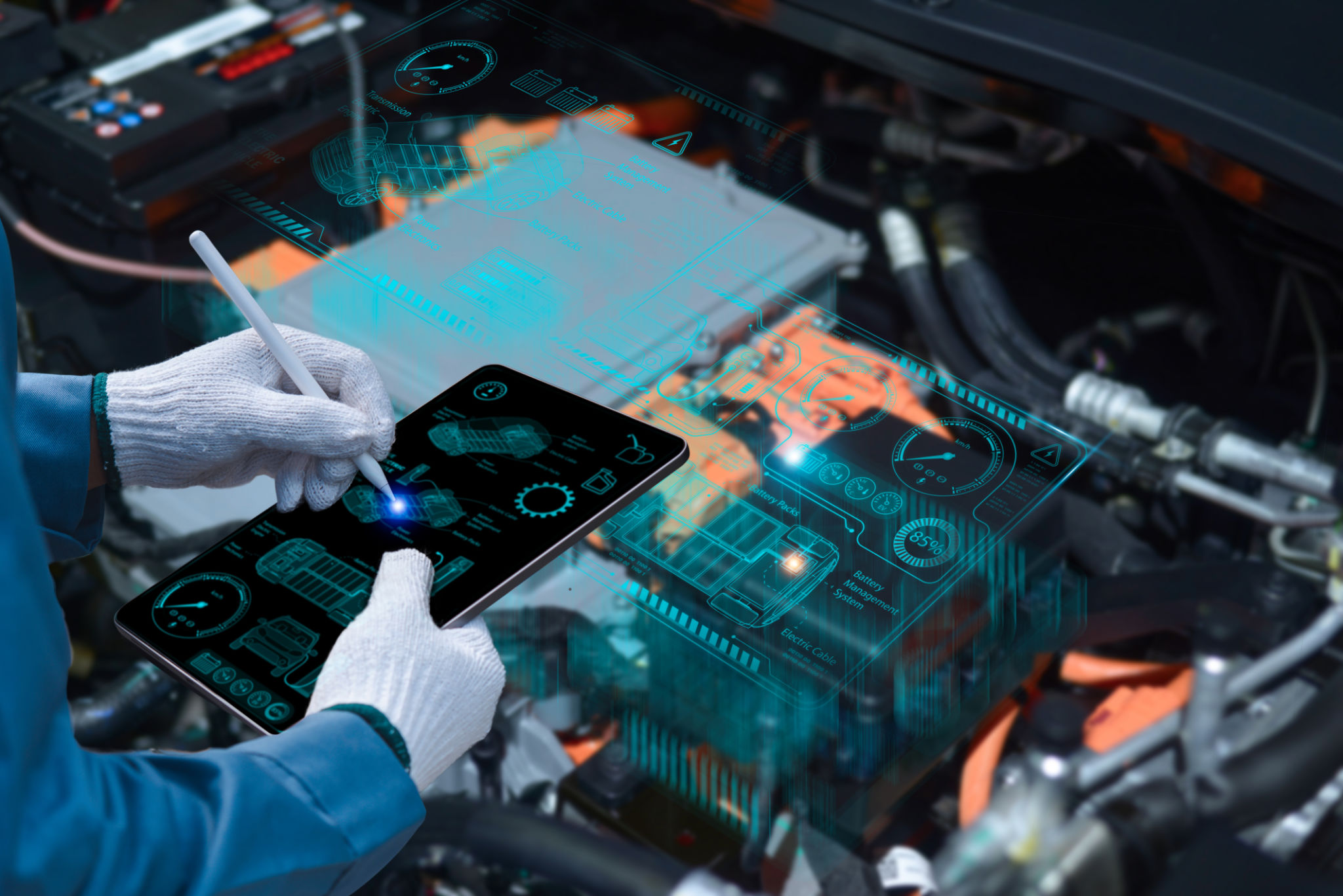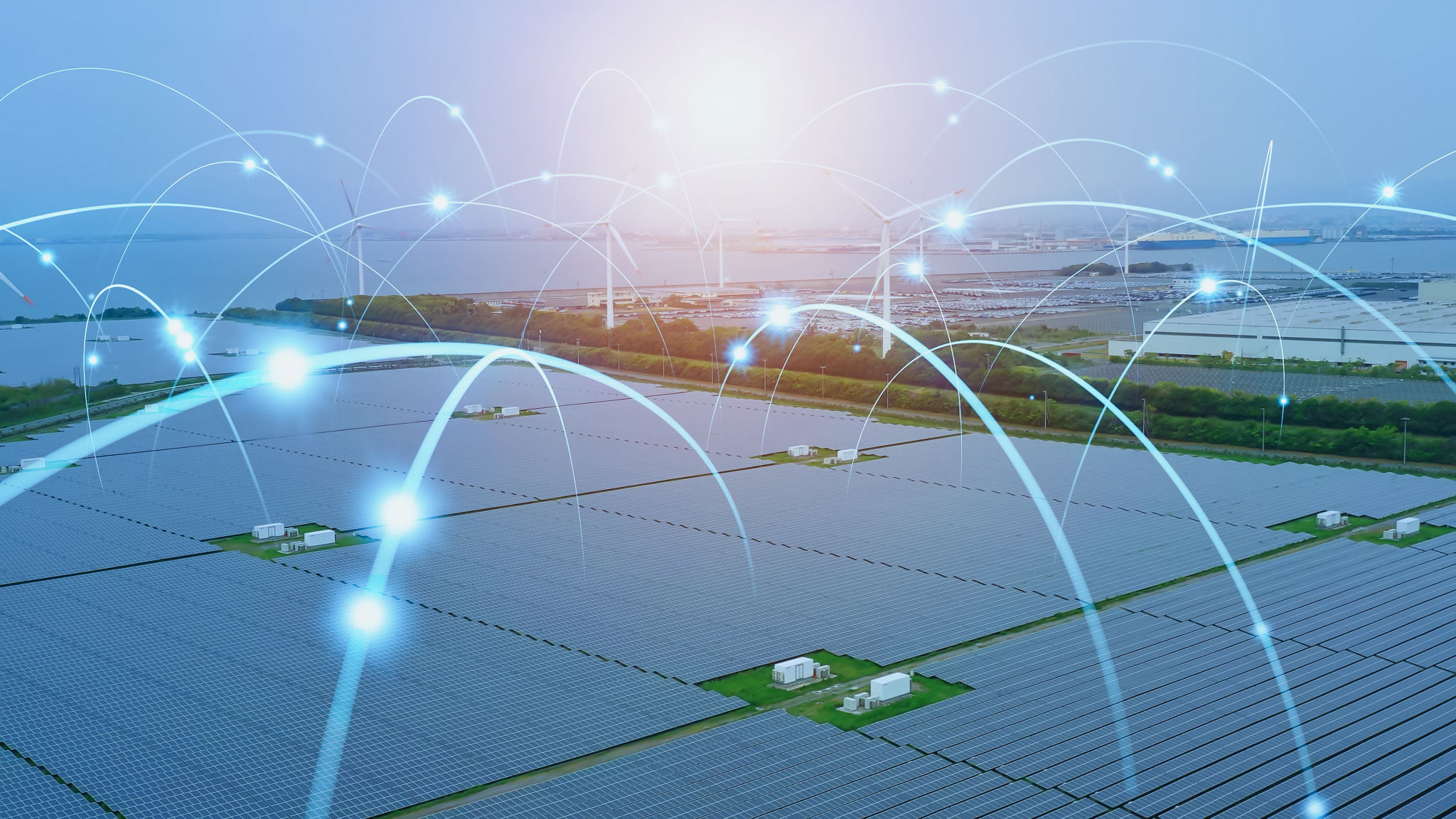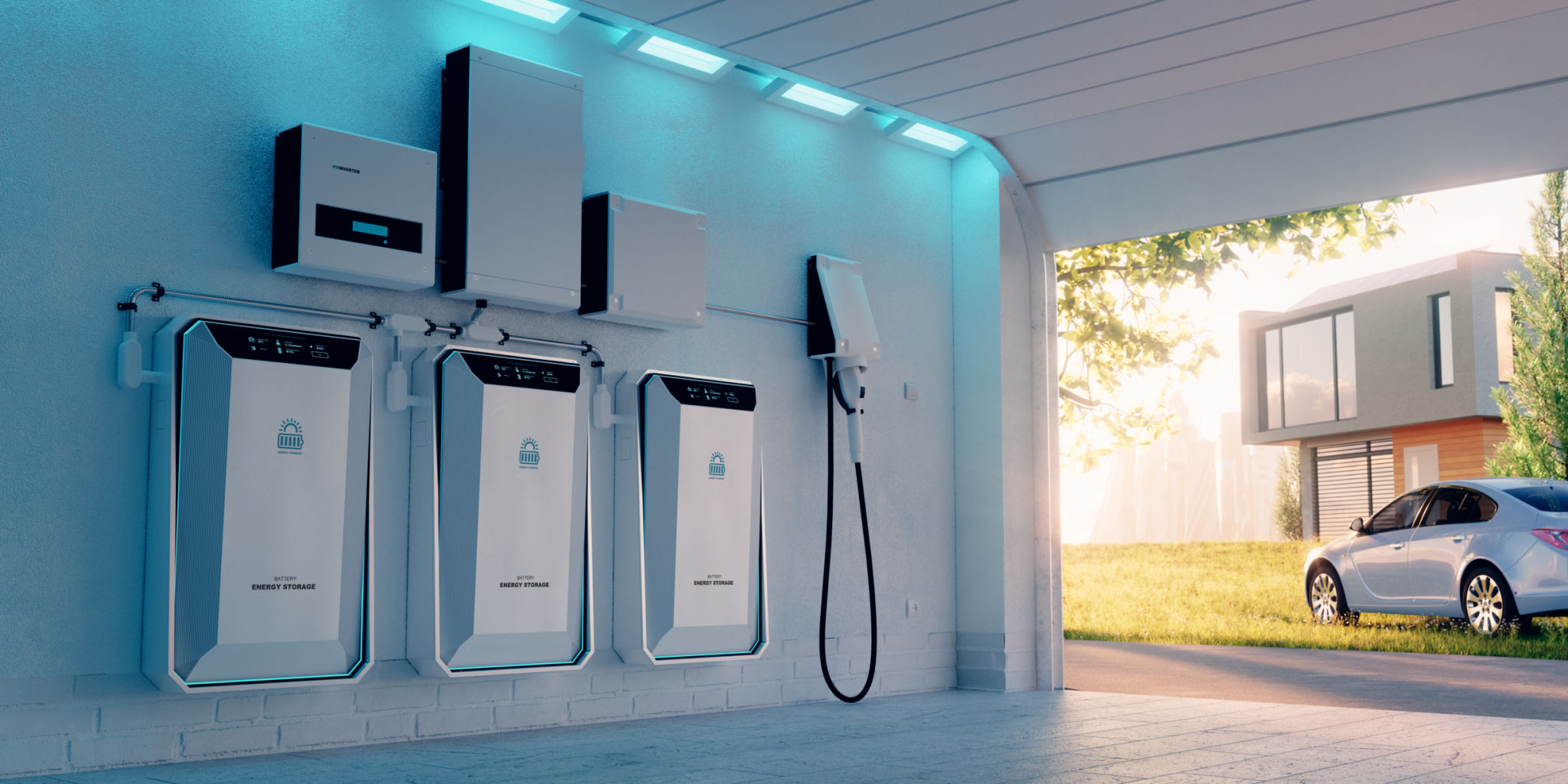Exploring the Latest Electric Innovations: What's Transforming the Industry?
Revolutionizing Transportation
The electric vehicle (EV) industry has made tremendous strides over the past decade, dramatically reshaping our approach to transportation. With advancements in battery technology and charging infrastructure, electric vehicles are now more accessible and practical for everyday use. Consequently, they are rapidly gaining popularity among consumers seeking sustainable alternatives to traditional gasoline-powered cars.
One of the most significant innovations is the development of solid-state batteries. These batteries offer higher energy density, faster charging times, and improved safety compared to conventional lithium-ion batteries. As a result, they promise to extend the range of electric vehicles and reduce charging durations, addressing two of the most common concerns about EV adoption.

Smart Grids and Energy Management
Beyond transportation, electric innovations are also transforming how we manage energy consumption through smart grids. These advanced energy networks use digital communication technology to detect and react to local changes in usage, allowing for more efficient distribution of power. This capability is crucial for integrating renewable energy sources, such as solar and wind, into the power grid.
Smart grids facilitate real-time monitoring and data analytics, enabling utility companies to optimize energy flow and minimize wastage. Consumers also benefit from smart meters that provide insights into their energy usage patterns, encouraging more sustainable consumption habits.

Home Energy Storage Solutions
As the demand for renewable energy increases, home energy storage solutions have emerged as a vital component of the modern energy ecosystem. These systems allow homeowners to store excess energy generated by solar panels during the day for use during peak demand times or at night.
The latest advancements in home battery technology have made these systems more affordable and efficient. Companies are now offering modular designs that can be customized to meet individual household needs, enhancing their appeal to a broader audience. This flexibility ensures that homeowners can maximize their investment in renewable energy while reducing their carbon footprint.

Electric Innovations in Manufacturing
The manufacturing sector is also witnessing a transformation due to electric innovations. Electric motors and automation technologies are becoming more prevalent in factories, leading to increased efficiency and reduced emissions. These advancements enable manufacturers to produce goods with less energy, lowering costs and minimizing environmental impact.
Moreover, electric-powered machinery is often quieter and requires less maintenance than traditional diesel or gasoline-powered equipment. This shift not only benefits the environment but also creates safer and more pleasant working conditions for employees.
The Future of Electric Aviation
The aviation industry is on the cusp of its own electric revolution, with several companies investing in the development of electric aircraft. These planes promise to significantly reduce carbon emissions associated with air travel while lowering operational costs.
While fully electric commercial flights may still be a few years away, hybrid-electric models are already being tested. These aircraft use a combination of traditional fuel and electric power to improve efficiency and reduce emissions. As battery technology continues to advance, the prospect of quiet, emission-free flights becomes increasingly feasible.

Challenges and Opportunities
Despite these exciting advancements, the electric industry faces several challenges. Infrastructure development remains a critical hurdle, especially in rural areas where charging stations and smart grid networks are less prevalent. Additionally, the transition to electric power requires significant investment and collaboration between governments, businesses, and consumers.
However, these challenges also present unique opportunities for innovation and growth. Companies that invest in research and development can lead the charge in creating new solutions that address these obstacles while paving the way for a cleaner and more sustainable future.
